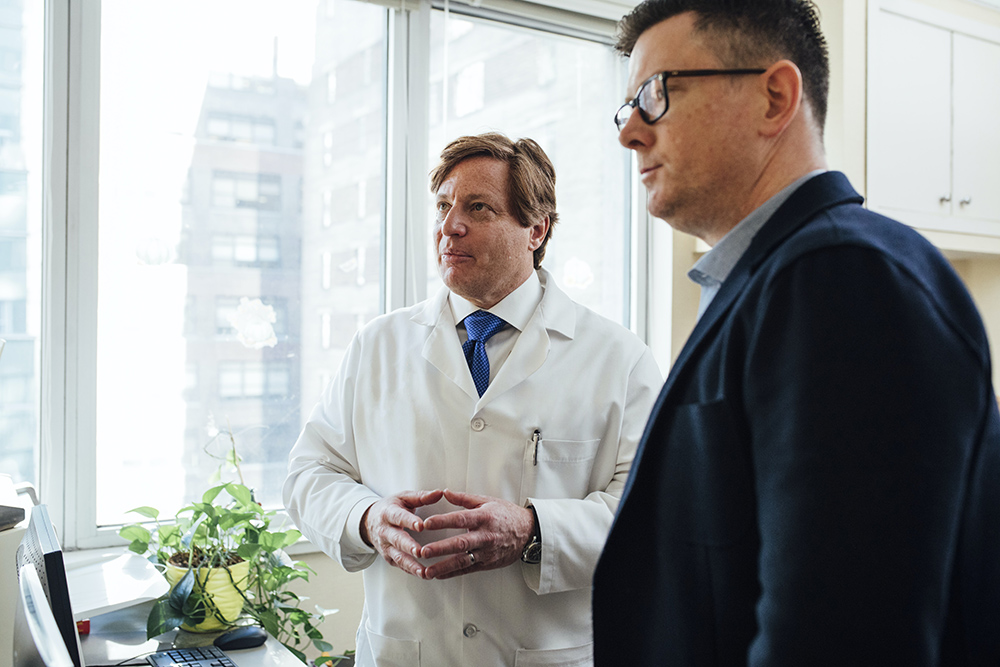Read the latest and greatest from our team
of incredible specialists.

Beach House Recovery Center » Blog » Librium for Alcohol Withdrawal
No drug addiction is safe to quit without medical supervision, but some drugs are riskier than others to “just stop.” Opiate withdrawal, for instance, can make a person painfully ill, but life-threatening symptoms are extremely rare. By contrast, withdrawal from alcohol—a drug responsible for 240 million cases of addiction worldwide—can kill through heart failure, breath stoppage, or blood poisoning. According to the Centers for Disease Control and Prevention, over 800 fatalities in the United States each year are attributable to alcohol withdrawal without supervision or drugs like Librium.

Not everyone who abruptly cuts off alcohol suffers severe withdrawal symptoms, but it’s impossible to predict individual reactions in advance. The worst-case scenario is full-blown alcohol withdrawal delirium, characterized by soaring blood pressure, increased heart rate, fever, hallucinations, muscle tremors, and seizures. Anyone who develops these symptoms is in serious danger and needs immediate medical help.
The only safe way to undertake alcohol withdrawal is in a hospital setting under qualified medical supervision, starting immediately after the last drink. Treatment begins with an evaluation of the patient’s medical history, mental health, drug-use history, and current drinking habits. Doctors and detox supervisors use this information to create a customized treatment plan—including medications to ease withdrawal effects. One medication frequently prescribed is the benzodiazepine Librium.
The benzodiazepine family comprises a variety of sedative drugs with stress-reduction effects: they are also similar enough to alcohol to reduce the severity of its withdrawal symptoms.
Librium (generic name chlordiazepoxide) was the earliest benzodiazepine discovered, by Leo Sternbach in 1955. The drug received FDA approval in early 1960, and Sternbach’s employer, Hoffmann-La Roche, was the first to market it. Although “Librium” is no longer an official brand name, it remains the common term for chlordiazepoxide medications.
As an alcohol-detox aid, Librium assists the brain’s neurotransmitters in calming the nerves, thus reducing cravings and panic attacks as well as the risk of seizures. In technical terms, the medication produces an anxiolytic (anxiety-reducing) effect by boosting the brain’s production of gamma-aminobutyric acid (GABA), which balances the brain’s electrical activity to reduce violent bursts of emotion. A long-acting benzodiazepine, Librium has smoother and longer-lasting effects than shorter-acting “benzos,” further reducing trauma in the alcohol-withdrawal experience.
Librium doses must be carefully prescribed and measured according to a patient’s individual needs: no one should everconsider trying it (or any other drug) for detox without close medical supervision. Any misjudgment of a withdrawal-assistance drug’s effects will make detox more dangerous rather than less.
If you have alcohol use disorder, the first step toward recovery is to admit you need help. The second step is to find a reputable detox center with licensed personnel to guide you through withdrawal, including the use of Librium or any other medication you might need.
Other things to remember when being treated for alcohol addiction:
The best way to manage addiction withdrawal is under medical supervision with evidence-based treatment: proper medication can significantly reduce discomfort and dangers. Beach House uses Librium and other medications as part of our whole-person-focused treatment program, which also includes behavioral therapy and inpatient recovery facilities. Contact us today to learn more about how we can help you or a loved one overcome addiction.
Whether you’re researching for yourself or a loved one, Beach House can help. We understand that this is a serious time in your life and that the treatment center you choose matters. We want you to feel comfortable and empowered to make the right decision for yourself, a friend, or a family member. This is why a counselor is waiting and available to answer your questions and help put your mind at ease regarding the next steps. Many of the staff at Beach House have walked in your shoes. If you feel you’re ready or want more information about how to help a loved one, we can help today. You can also learn why we are voted the #1 rehab for addiction treatment in Florida.
We accept most major insurance plans and can verify your benefits quickly and confidentially.
We’re committed to helping you access the care you need, our admissions counselors can guide you through your coverage options and available resources.





"*" indicates required fields